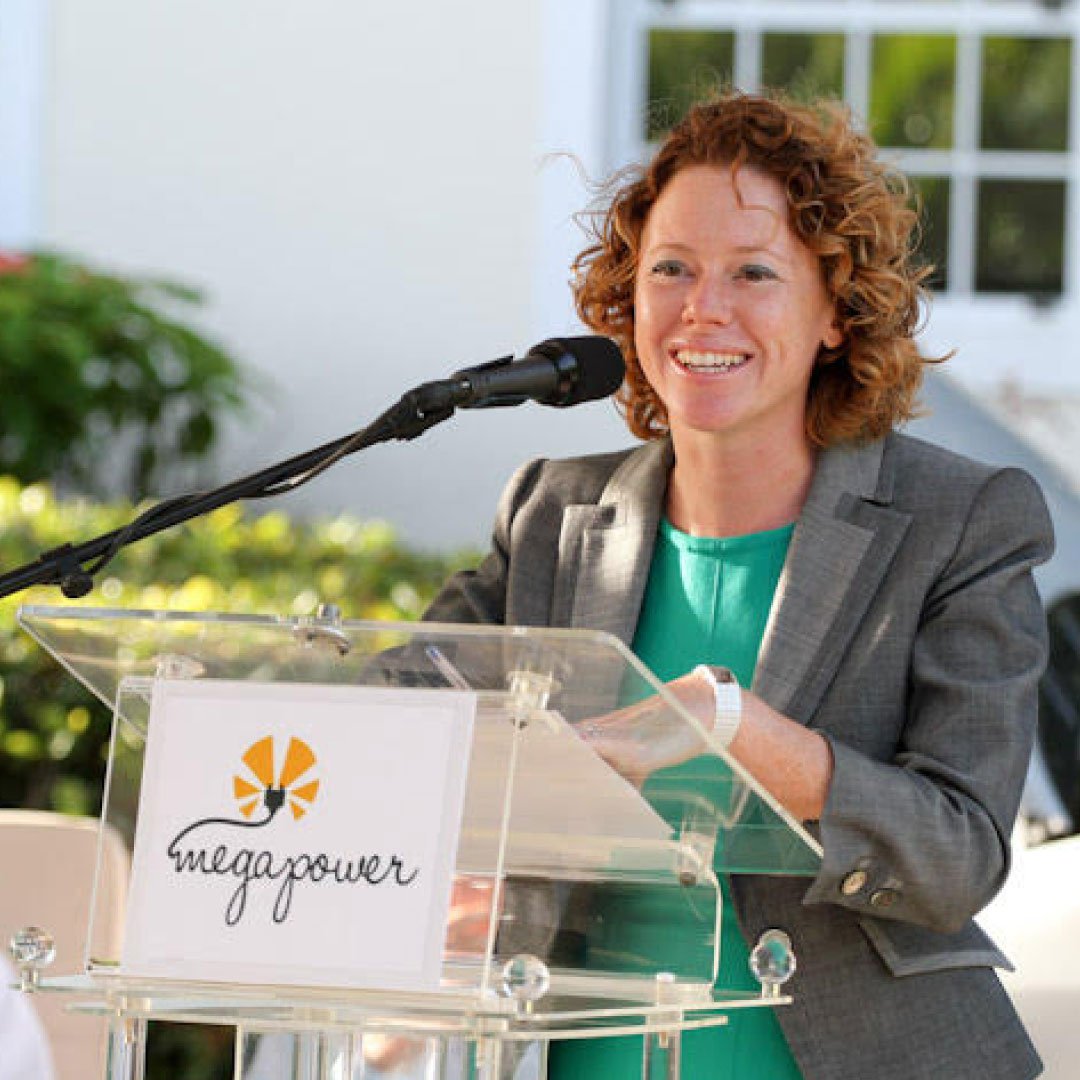Islands and e-mobility – or transport electrification – are a natural fit. Islands are geographically compact, minimizing charging infrastructure and driving distance issues. Islands have expensive and risky fossil fuel supply chains, making electrification more attractive. Islands have abundant solar and wind resources, reducing the marginal cost of electricity for EV charging. Lastly, islands are particularly vulnerable to climate change, ensuring social and political support for renewables-based electrification. Given this fit, many islands are actively pursuing e-mobility development efforts. This panel with representatives from several different sectors and regions will discuss how to move these efforts into the fast lane.
• How important is e-mobility where is it going?
• What are the key barriers/enablers for EV penetration, and in what direction are they trending?
• What can we learn from the case study jurisdictions in regards to exploring/promoting e-mobility?

Adam Borison
Senior Vice President, Nathan Associates






